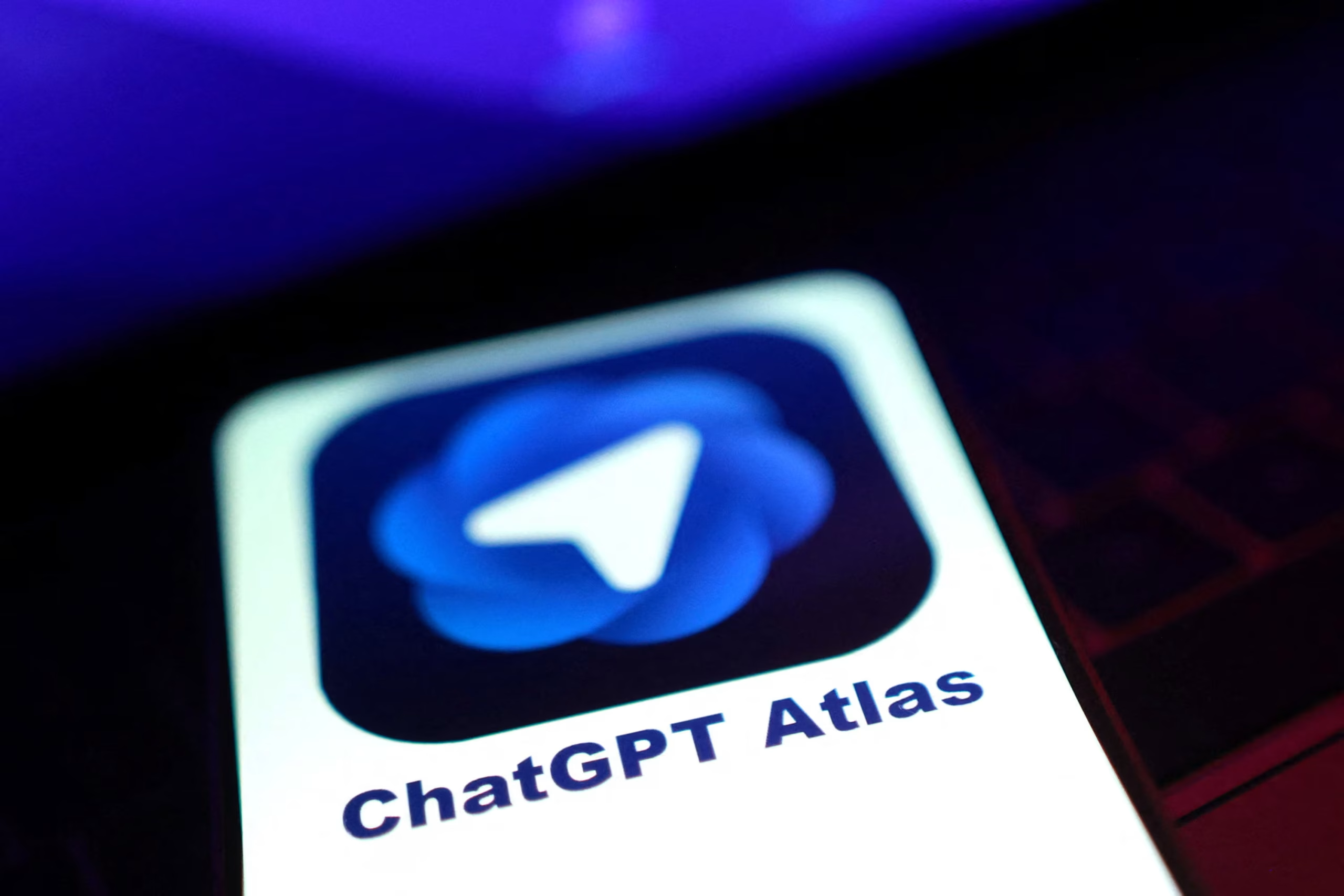
In October 2025, OpenAI officially launched its dedicated browser, ChatGPT Atlas. This isn’t just another browser—this is a browser built around AI and integrated deeply with ChatGPT. For digital marketers and agencies like Picasso Multimedia, this development signals both opportunity and disruption.
What Is ChatGPT Atlas?
ChatGPT Atlas is a full-fledged web browser developed by OpenAI.Its features include:
- A built-in ChatGPT sidebar or access point where users can “ask ChatGPT” about the page they’re on, summarise content, compare products or even rewrite text.
- An optional “browser memories” function: if enabled, the browser remembers what you’ve browsed and uses that context in later interactions.
- “Agent Mode” (for preview users) where ChatGPT can take more autonomous actions (with user approval) such as opening tabs, collating information, or performing multi-step tasks.
- Built on the Chromium engine (same underlying code base as Chrome/Edge) but re-imagined with AI at the centre.
Why It Matters to Digital Marketing
For years, much of digital marketing has revolved around search engines, browser behaviour, ad placements, keywords and so on. But with a browser like Atlas, the rules may shift significantly:
- Search may become conversation: Instead of typing keywords in a search engine, users may simply ask ChatGPT in the browser: “Find me the best coffee machine under ₹20,000 in India with reviews.” The browser’s AI-driven sidebar may answer, summarise, compare and provide choices. Marketers must think beyond keywords to context, conversation, and real-time relevance.
- User intent becomes richer: Because Atlas collects browsing context (with permission), marketers may have to deal not just with the first query but with a chain of intent: what pages were browsed before, what products were compared, what questions were asked. This opens possibilities for more refined targeting or personalised messaging.
- Ad placements & attribution shift: If browsing becomes more agentic—i.e., the browser acting on behalf of the user—then the traditional path of ad → click → conversion may get altered. Marketers need to map new conversion paths, new attribution models. Agencies like Picasso Multimedia must prepare for these changes.
- Content optimisation changes: With a built-in AI assistant summarising or rewriting content, longer form content vs structured data may be evaluated differently. Marketers need to optimise for how AI reads webpages, plus how users engage with AI-generated summaries.
What Your Digital Marketing Team Must Do Now
To stay ahead and capitalise on this transition, here are key steps agencies and in-house teams should consider:
1. Consider the AI-browser user journey
Map out how a user might interact differently in an AI-powered browser. At Picasso Multimedia, we advise clients to imagine: “Instead of landing via Google search, the user asks ChatGPT in Atlas and the browser shows a summary, then a product card, then offers a one-click purchase.” It’s a different funnel.
2. Revise content & metadata strategy
Because ChatGPT Atlas can summarise pages, rewrite text, and give quick answers, your content needs to be structured for AI readability + user relevance. Use clear headings, semantic markup, FAQ sections, and ensure key insights appear early. Agencies like Picasso Multimedia are already adapting content workflows to cater for this next gen of browsing.
3. Track new attribution & metrics
Typical metrics (impressions, clicks, bounce rate) may not fully capture how users engage in an AI-browser environment. You may need to track metrics like: time spent with AI interface, actions triggered by the sidebar, tasks executed by the agent mode, etc. Prepare your analytics stack accordingly.
4. Privacy & data-control readiness
Atlas emphasises user control over what the AI can see and remember. Marketers must be sensitive to the fact that users may limit tracking or browsing memory features. Compliance, transparency and trust will matter more than ever. At Picasso Multimedia, we prioritise data-ethics and help clients build user-friendly consent models.
5. Experiment early, learn fast
Because the browser rollout is still early (initially on macOS, then Windows, iOS, Android) marketing teams have a window of opportunity. Agencies like Picasso Multimedia recommend pilot campaigns, A/B tests for content, meta-data and user flows in browser-AI context now — so you learn before competitors scale.
Potential Challenges & Risks
- Dominance of incumbents: The browser market is heavily dominated by players like Google Chrome (over 3 billion users) which still means switching users is hard.
- Privacy backlash: Because the AI browser gathers context and memories, users may push back. As one analysis put it: “Use it with caution.”
- Hallucination & misinformation: If the AI summarises web pages or automates tasks, errors may happen—marketers must monitor brand risk.
- Measurement turbulence: As user behaviour changes in AI-browser setting, old analytics models may become outdated.
How Agencies Like Picasso Multimedia Are Preparing
At Picasso Multimedia, we’re already integrating browser-AI considerations into our digital marketing strategies:
- Re-architecting content workflows to include AI-browser preview and summarisation checks.
- Advising clients on data governance and consent flows aligned with new browsing contexts.
- Running pilot campaigns tailored for AI-side bar interactions and task-based browser actions rather than just page visits.
- Developing measurement frameworks that account for “agentic” actions (e.g., “browser did the task”, “user approved task”) rather than only clicks.
Conclusion
The launch of ChatGPT Atlas is more than a product announcement—it’s a signal that the very way users browse, search and engage online is shifting. For digital marketers, it’s both a challenge and a golden opportunity. The brands that pivot now—who optimise for AI-powered browsing, restructure content for context, and adapt analytics accordingly—will gain an early advantage. Agencies such as Picasso Multimedia are already working on this next frontier of browser marketing. The web is changing. Are you ready?


